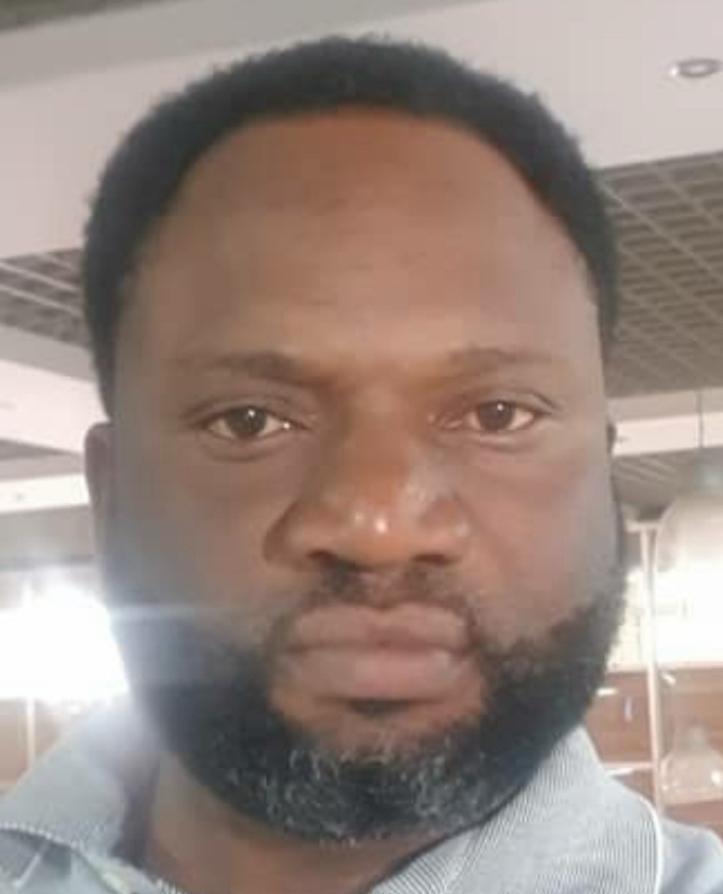Sponsored Advertisements
The Curse of the Talking Drum By Orgah Raphael
Literature
11 days ago
Comments (0)
- Be the first to comment!
Leave a Reply
New Discussions
-
Dangers of soft drinks 🍷

Grace
Just now ago00 -
“Give yourself credit for the person you’re becoming.”

Princess Kachi
1 min ago00 -
Welcome Newbies! Here’s Why Konnnect Africa Is The Best Place To Be 💚

Africa Connect
2 mins ago00 -
Why Konnnect Africa Is More Than Just a Platform — It’s a Family! 🌍✨

Africa Connect
5 mins ago00 -
The Mathematical Models

Prince Sols
7 mins ago00













Angel Ralph
11 days agoAuthor’s Note
This story is inspired by the timeless oral traditions of Nigerian storytelling — the kind that thrived around evening fires when children sat wide-eyed under the moon and elders spoke with the authority of time itself. I wanted to echo the old wisdom that love, when it challenges destiny, can either bless or break a kingdom. This tale honors the spirit of the ancestors and the heartbeat of African heritage.
Synopsis
In the ancient kingdom of Umueke, peace and prosperity reigned under the wise King Oduche — until the royal Talking Drum of Anene, the sacred link between the living and the ancestors, fell mysteriously silent. Unknown to his people, the King had broken a divine taboo by taking Eneka, a maiden chosen by the goddess Ani, as his queen.
The silence of the drum brings chaos to the land — rivers flood, children fall ill, and the gods turn their faces away. In desperation, the King seeks the help of a gifted young drum-maker named Obum, but when the new drum is struck, a haunting voice reveals the truth: “The hand that silenced me still sits on the throne.”
In an act of love and sacrifice, Queen Eneka offers her blood to restore the land’s balance. Her selflessness lifts the curse, but her spirit is claimed by the goddess she was destined to serve. Generations later, her story becomes legend — a reminder that pride and desire must never outweigh duty to truth and the gods.
The Story
Long ago, when the forest still spoke and the rivers had names only the spirits could pronounce, there stood the kingdom of Umueke, a land blessed with harvest and harmony. The people danced to the rhythm of life until the day their most sacred possession — the Talking Drum of Anene — fell silent.
That drum was no ordinary instrument; it was said to carry the voice of the ancestors. Whenever danger approached, its sound would roll through the hills, warning the people. It was the pride of the palace and the heartbeat of the kingdom.
King Oduche the Wise, who ruled at that time, was a man loved by all but burdened by a secret known only to the palace priest, Chief Priest Obidiya. The drum’s silence had not come by chance; it had been cursed the night the King broke an ancient taboo.
Many moons ago, the King had desired Eneka, the daughter of a humble palm wine tapper. But Eneka was destined, by prophecy, to be the bride of the gods — chosen to serve in the forest shrine of Ani, goddess of the earth.
Blinded by love and pride, Oduche defied the gods and took Eneka as his wife. On the night of their union, a whirlwind tore through the palace. The chief priest’s staff cracked in two, the shrine lamps went dark, and the Talking Drum — once alive with ancestral breath — became mute.
From that night, strange things began to happen in Umueke. Children were born with pale eyes. Goats wandered into the forest and never returned. Rivers rose without rain. The elders whispered that Ani had turned her face away from the land.
“Only truth can lift the curse,” said Obidiya, the old priest, whose voice trembled like a dry leaf. “But truth, my King, is not a thing easily carried.”
The King, weighed down by guilt and love, hid the truth from the people. Instead, he sent warriors to capture a new drum-maker from the faraway hills of Ukpabi to awaken the silence.
After many moons, a young man named Obum, a craftsman with fire in his eyes and secrets in his blood, arrived in Umueke. He promised to make the drum speak again — if the King would let him stay in the palace.
The King agreed, though the elders grumbled. Night after night, Obum worked alone, whispering to the wood and calling upon unseen hands. When at last the drum was finished, it was so beautiful that even the moon refused to hide behind the clouds.
But when the King struck it — no sound came out. Instead, the drum quivered, and a faint voice whispered: “The hand that silenced me still sits on the throne.”
The King dropped his staff. The courtiers fled. The drum spoke again, louder this time, its tone filled with sorrow:
“Blood must return to the earth before peace returns to Umueke.”
The priest fell to his knees. “It is the goddess Ani speaking,” he cried. “She demands sacrifice!”
Fear swept the kingdom like harmattan fire. Who would be the sacrifice? The King trembled but kept his silence. That night, Queen Eneka, who had long felt the weight of her husband’s secret, went alone to the shrine of Ani.
There, under the sacred iroko, she prayed. “If my being is the cause of my people’s suffering,” she whispered, “then let my spirit return to the earth.” She took a sharp shell, slit her palm, and poured her blood upon the roots.
A mighty thunder shook the sky. The drum in the palace began to beat on its own, calling the people from their huts. The sound was sorrowful yet strong — the voice of Ani herself.
“The Queen has paid the price,” said the priest, tears streaming down his cheeks. “Her blood has washed the land.”
When the King reached the shrine, he found only her wrapper and a pool of rainwater glowing like moonlight. Eneka’s body was gone — taken, it was said, by the goddess she was meant to serve.
From that day, the curse lifted. The children’s eyes cleared, the goats returned, and the rivers ran gently again. The people rejoiced, but the King’s heart grew heavy.
Night after night, he sat by the Talking Drum, listening. Sometimes, he swore he could hear Eneka’s laughter between the beats. “My love, you kept your promise,” the wind seemed to say.
Years later, as the King lay dying, he called the young drum-maker, Obum, to his side. “Take the drum,” he whispered, “and guard it well. Let it remind men that even kings must bow to the will of the gods.”
Obum bowed, but as he lifted the drum, he saw something strange — a tear of blood rolling down its surface. The ancestors, it seemed, were still watching.
Many generations later, whenever Umueke faced danger, the Talking Drum would sound on its own, warning the people — a voice born from love, loss, and redemption.
The elders would tell the children, “Do not let desire blind you to duty. For even the heart of a king must kneel before truth.”
And under the palm trees, when the moon hung low and the air was thick with memory, the story of Queen Eneka and the Talking Drum would be told again — not just as a tale of sorrow, but as a lesson that no man’s pride should silence the voice of the gods.
Moral Reflection
In every generation, there comes a test between love and duty, between the heart and the heavens. When men chase their desires without respect for the divine order, chaos answers. But when love chooses sacrifice, peace returns. The story of Queen Eneka teaches that true love is not possession — it is surrender.